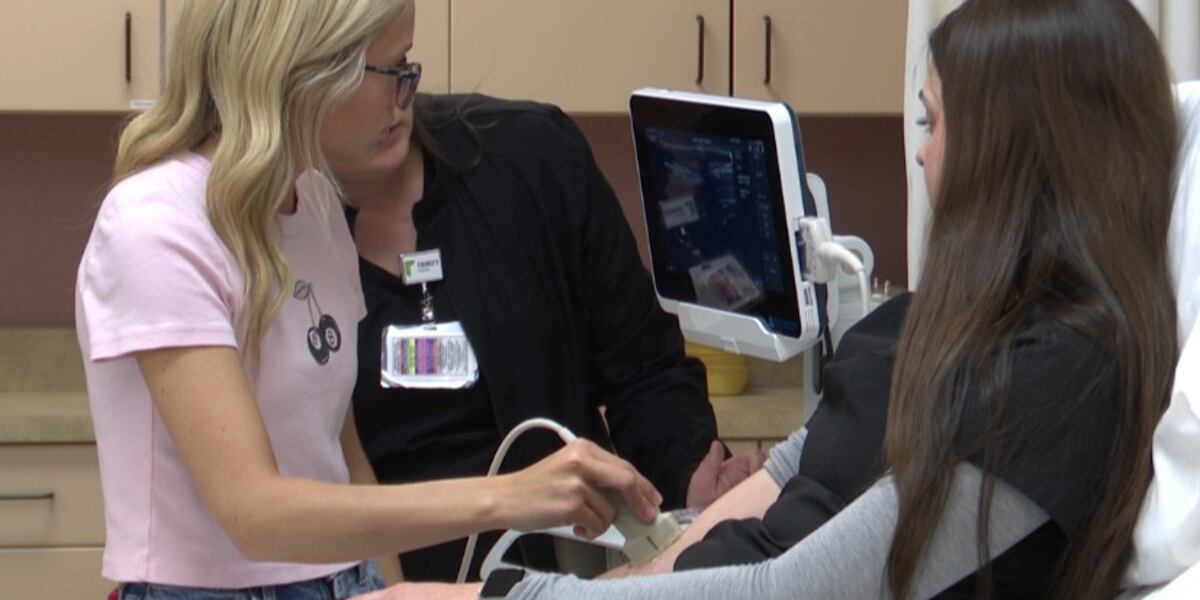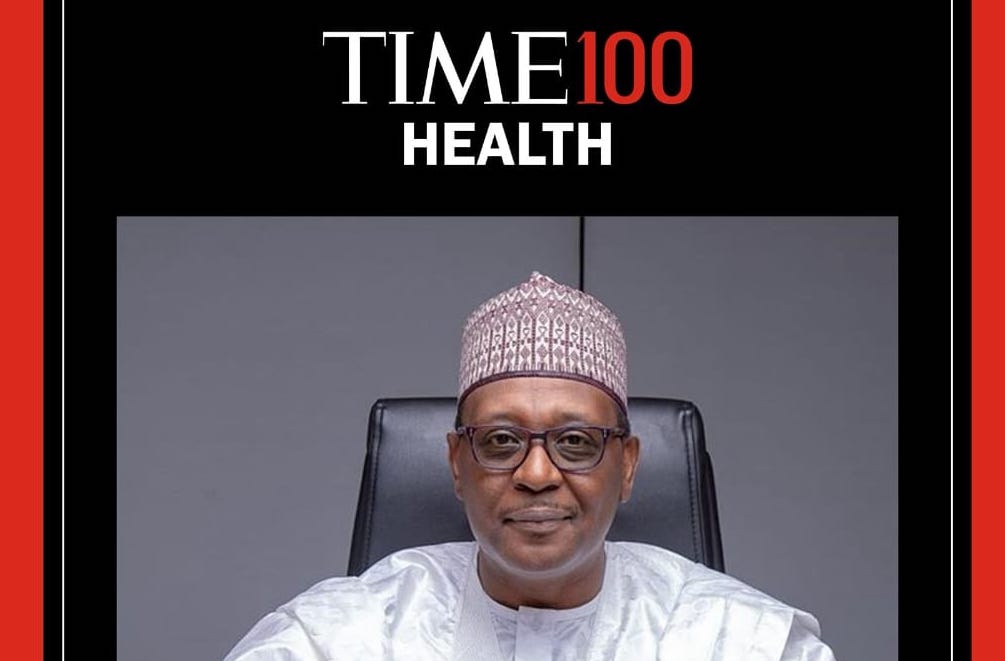RFK Jr.'s Autism Study Plan Faces Hurdles: Can Health Data Requests Be Fast-Tracked?

Robert F. Kennedy Jr.'s ambitious plan to leverage Americans' health records to study autism has sparked considerable debate. While the goal – understanding the complex factors contributing to autism and other chronic illnesses – is laudable, the practicalities of accessing and utilizing such sensitive data present significant challenges. This proposal highlights the ongoing tension between scientific progress and individual privacy rights in the digital age.
Kennedy Jr., a prominent figure advocating for alternative health perspectives, believes that a comprehensive analysis of health records could reveal previously unknown links between environmental factors, genetics, and the rising prevalence of autism. His vision involves a centralized database, drawing information from various sources, to facilitate large-scale research. He’s pushing for a legislative pathway to expedite access to this data, arguing the urgency of the situation warrants it.
However, obtaining access to such a vast trove of personal health information is far from straightforward. The Health Insurance Portability and Accountability Act (HIPAA) sets strict rules governing the disclosure of protected health information. While HIPAA does allow for research purposes, it mandates stringent safeguards, including patient consent and data anonymization techniques, to protect individuals' privacy. Navigating these regulations is complex and time-consuming.
Furthermore, the sheer volume and diversity of health data across different providers and systems pose a technical hurdle. Data formats vary, and integrating information from disparate sources requires sophisticated infrastructure and interoperability standards. Ensuring data accuracy and quality is also paramount, as flawed data could lead to misleading conclusions.
The Privacy Debate
Kennedy Jr.'s proposal has also ignited a broader debate about data privacy and the potential for misuse. Critics express concerns that a centralized health database could be vulnerable to breaches and unauthorized access. They argue that even with anonymization techniques, it may be possible to re-identify individuals through sophisticated data analysis methods. Transparency and robust oversight mechanisms would be essential to address these concerns.
Alternative Approaches
While Kennedy Jr.'s plan faces significant obstacles, the need for better understanding of autism and chronic diseases remains critical. Researchers are already exploring alternative approaches, such as longitudinal studies that follow individuals over time, and utilizing existing large datasets like electronic health records (EHRs) with appropriate privacy protections. Federated learning, a technique that allows researchers to train models on decentralized data without sharing the raw data itself, is also gaining traction.
The Path Forward
Ultimately, a balanced approach is needed that prioritizes both scientific advancement and individual privacy. Any proposal to access and utilize health records for research purposes must be transparent, subject to rigorous ethical review, and incorporate robust safeguards to protect individuals' rights. Legislative action may be necessary to clarify existing regulations and establish a clear framework for responsible data sharing. The debate surrounding RFK Jr.'s plan underscores the ongoing need for careful consideration of these complex issues as we strive to improve public health.






